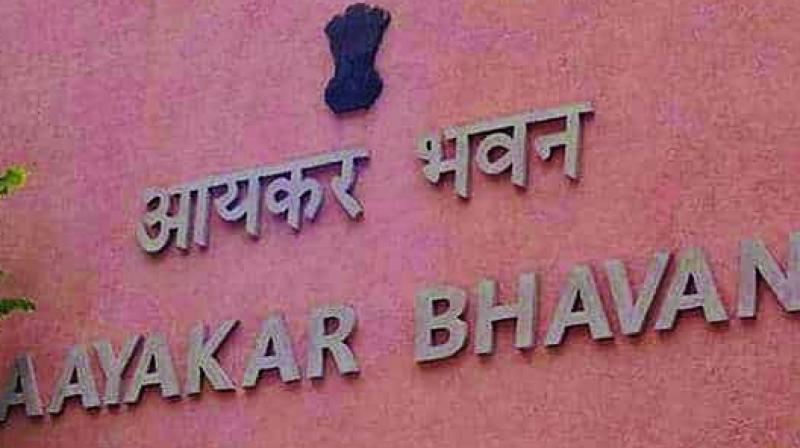Govt notifies final Angel Tax rules
Angel tax, set at 30.6%, applies when unlisted companies issue shares at a price higher than their fair market value

Mumbai: In a bid to curb overvaluation and maintain transparency in capital transactions, unlisted companies issuing shares at a price exceeding their fair market value will be subject to Angel Tax at 30.6 per cent effective September 25. The centre on late Monday notified the Angel Tax rules for valuation of equity and compulsorily convertible preferable shares issued by startups to resident and non-resident investors.
While earlier only investments made by a resident investor used to attract angel tax, the Budget for 2023-24 widened its ambit to include non-resident investors underscoring the government's commitment to regulating financial transactions within startups and ensuring accurate valuation assessments.
As per the Budget, the excess premium will be considered as 'income from sources' and taxed at the rate of up to over 30 per cent. However, startups registered by the DPIIT (Department for promotion of industry and internal trade) are exempt from the new norms.
The Income-tax (Twenty first Amendment), Rules, 2023, which modifies rule 11UA specify that the fair value of the shares will be as determined by the methods provided. Anything above, after accounting for a 10 per cent safe harbour margin, will be deemed as taxable premium. The amended rules introduce a mechanism for arriving at the fair market value of Compulsorily Convertible Preference Shares (CCPS) for investment from residents as well as non-resident residents.
Punit Shah, Partner, Dhruva Advisors said, “This will go a long way in providing much needed flexibility to non-resident investors (FDI) to price the purchase of shares of the Indian companies. The non-resident investors, especially private equity (PE) investors do enter into unique agreements with the Indian companies/promoters for variable pricing of shares based on various external and internal parameters which are not necessarily captured by book value or discounted cash flow methods.”
“In such events, they are forced to follow the current prescribed methods only. This was having adverse tax implications on Indian companies receiving FDI, without accrual of any income. This will hopefully now be mitigated as FDI investors will now have flexibility to follow additional methods,” added Shah.
The amended rules have retained the five new valuation methods proposed in the draft rules for consideration received from the non-residents -- (i) Comparable Company Multiple Method, (ii) Probability Weighted Expected Return Method, (iii) Option Pricing Method, (iv) Milestone Analysis Method, and (v) Replacement Cost Method.

